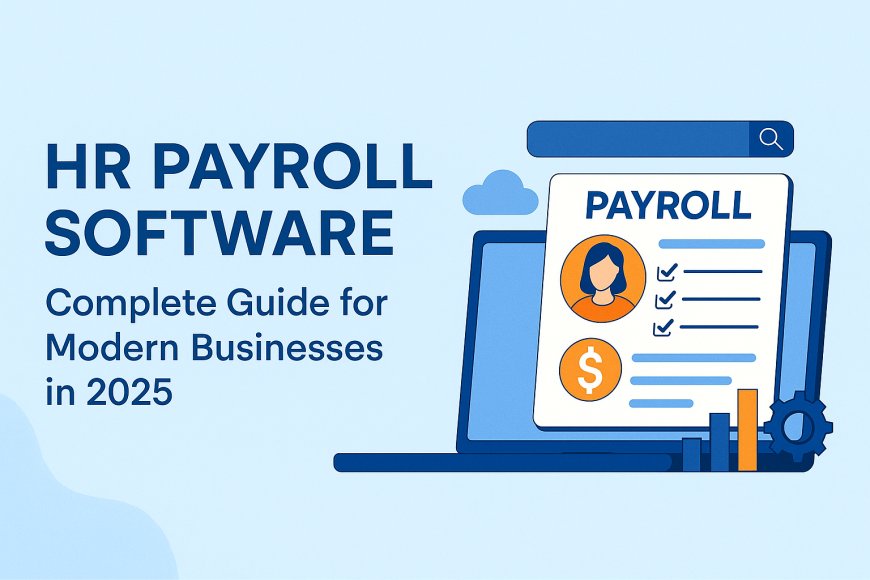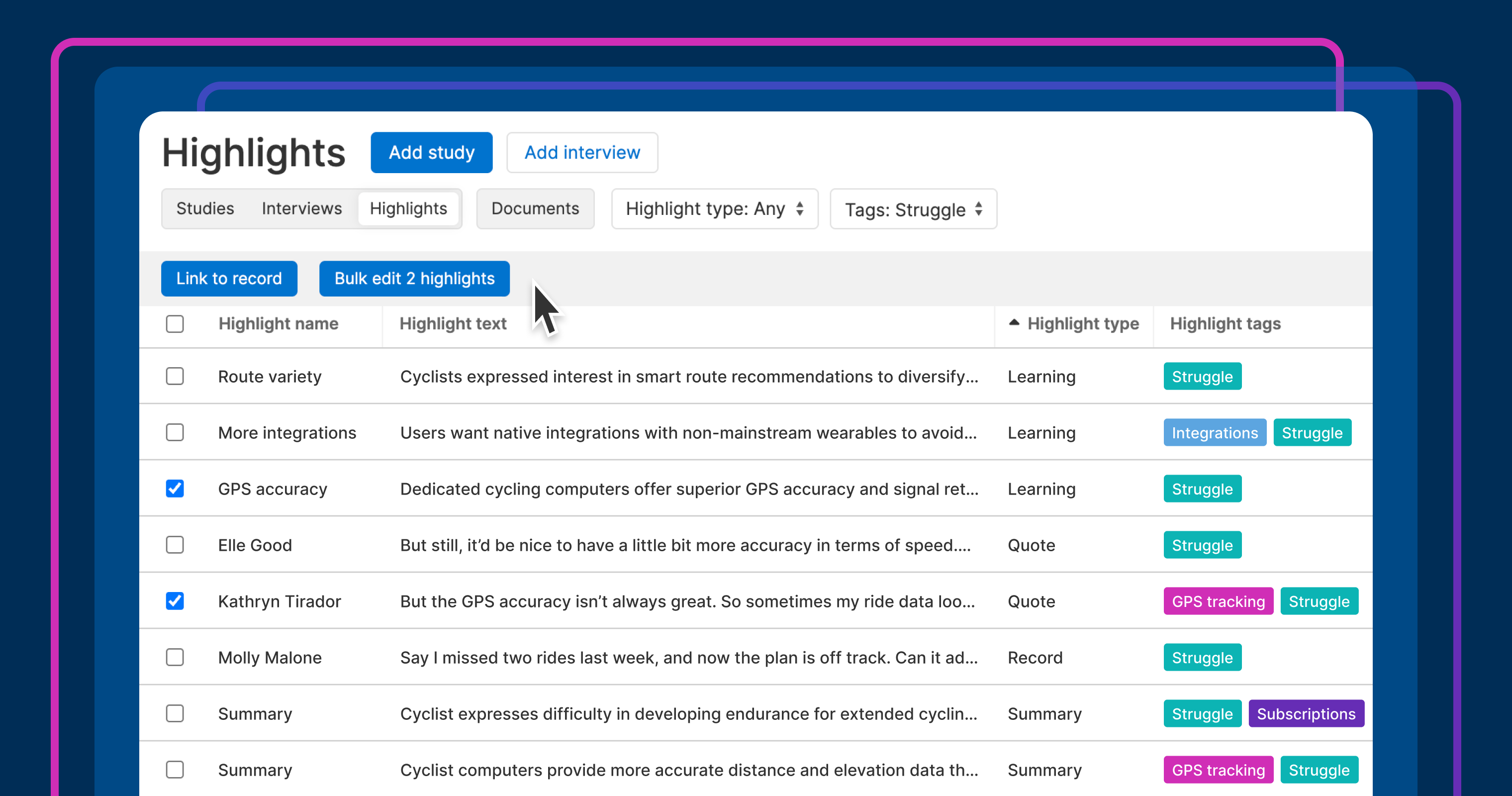HR Payroll Software: Complete Guide for Modern Businesses in 2025
Discover the complete guide to HR payroll software for modern businesses in 2025. Learn how to choose, implement, and optimize payroll solutions for efficiency and compliance

HR payroll software helps companies run payroll on time, stay compliant, and reduce admin work. This guide explains how to choose and use payroll tools that fit your business.
What Is HR Payroll Software?
HR payroll software is a cloud-based system that combines employee data, attendance, salary calculations, taxes, and reports all in one place. It automates payroll processing, reducing manual work and errors, while ensuring compliance with legal regulations. With features like real-time reporting, employee self-service portals, and seamless integration with HR and accounting tools, cloud payroll software streamlines the entire payroll process, saving time and improving accuracy for businesses of all sizes
It removes manual work from the payroll process, cuts processing time by up to 80%, helps you meet legal rules, and gives real-time reports to help decisions.
Why Your Business Needs HR Payroll Software
HR payroll software is critical for organizations as it substantially reduces guide errors, guarantees compliance with constantly changing tax legal guidelines, and improves the worker revel in through self-provider portals. It additionally offers real-time insights into exertions prices and spending, supporting groups plan better and manipulate budgets efficaciously—all while streamlining payroll and HR processes.
Cuts Manual Errors
Manual work causes costly mistakes. Payroll software reduces errors by 75% and ensures accurate results.
Helps You Stay Compliant
Laws change often. The software updates tax rules, creates reports, and keeps your business compliant without extra work.
Improves the Employee Experience
Employees get a self-service portal. They can view payslips, tax forms, leave, and update personal details. This cuts HR work and improves satisfaction.
Gives Real-Time Insights
You can see reports on labor costs, overtime, and department spending. This helps you plan and control budgets better.
Key Features to Look For
Payroll Features
-
Auto salary, overtime, bonus, and deduction calculation
-
Built-in tax management with updates
-
Direct deposit to bank accounts
-
Multi-currency support for global use
HR Management Tools
-
Central employee records
-
Time and attendance tracking
-
Leave tracking with approvals
-
Performance goals and reviews
Integration and Security
-
Works with accounting and HR tools
-
Uses data encryption and secure storage
-
Mobile access via apps or browser
-
Regular backups and disaster recovery
How to Choose the Right Software
Choosing the right online payroll software starts with understanding your business needs—like employee size, compliance requirements, and future growth. Look for vendors with reliable support, strong security, and positive user feedback. Ensure they assist with setup, training, and data migration. Finally, review all costs, including monthly fees and setup charges, to avoid surprises.
Understand Your Needs
List how complex your payroll is. Include employee count, laws, integration needs, and future growth. Set your budget and timeline.
Check the Vendor
Read user reviews and case studies. Choose providers with good support, regular updates, training, and secure systems.
Plan the Setup
You’ll need to migrate data, configure settings, train users, and support the change. Make sure the vendor offers help.
Know the Costs
Check monthly fees, setup charges, training, and long-term savings. This helps you calculate return on investment.
Why Choose Minop Cloud
Minop Cloud is a cloud-based HR payroll system. It helps growing businesses run HR and payroll without buying hardware.
Benefits of Minop Cloud
-
No physical setup needed
-
Works with your current accounting and HR tools
-
Real-time data access via app, browser, or device
-
Auto-generated payroll, tax, and attendance reports
How It Helps
-
Fits all business sizes
-
Saves time and boosts productivity
-
Has clear pricing with no hidden costs
-
Offers payroll, time tracking, self-service, and reports in one system
Best Practices for Implementation
Prepare First
Clean and audit your data. Set clear goals and involve all departments early.
Configure and Test
Set up salary rules and tax details. Test the system with real data before going live.
Train and Roll Out
Train HR, managers, and staff. Roll out in phases to reduce errors.
How to Measure Results
Time and Cost Savings
-
Save 60–80% of time
-
Reduce mistakes by 75%
-
Avoid fines with auto compliance
-
Lower HR admin costs
Other Benefits
-
Employees get accurate, on-time pay
-
HR can focus on strategy
-
Better data for workforce planning
-
Ready to scale as you grow
What’s Coming Next in HR Payroll
The future of HR payroll is being shaped by rapid advances in technology and changing workforce dynamics. In 2025 and beyond, payroll systems are evolving from basic processing tools into strategic platforms powered by AI, automation, and cloud technology
Future systems will use AI for smart reports, mobile apps with voice tools, and blockchain for secure records. Integrations with business tools will get better.
Also Read: Choose the Best Payroll Software for Your Small Business
Final Thoughts
Good payroll software saves time, avoids legal trouble, and makes employees happier. The right system grows with you.
Minop Cloud offers what modern companies need. It’s simple, scalable, and reliable.
Pick software that fits your process, test it, and make sure it delivers clear results.
FAQs
What is HR payroll software?
It’s a tool that manages employee data, attendance, salaries, taxes, and reports in one system.
How does cloud-based payroll help?
It removes hardware costs, offers real-time access, secures your data, and grows with your needs.
HR payroll software is secure?
Yes. Trusted tools use encrypted data, secure hosting, and follow strict safety rules.
How long does it take to set up?
Usually 4–8 weeks. Cloud tools like Minop Cloud are faster to deploy.
What ROI can you expect?
You can save 60–80% in time, cut mistakes by 75%, and reduce compliance costs. Most companies see returns in 6–12 months.


































































































![Building A Digital PR Strategy: 10 Essential Steps for Beginners [With Examples]](https://buzzsumo.com/wp-content/uploads/2023/09/Building-A-Digital-PR-Strategy-10-Essential-Steps-for-Beginners-With-Examples-bblog-masthead.jpg)














































